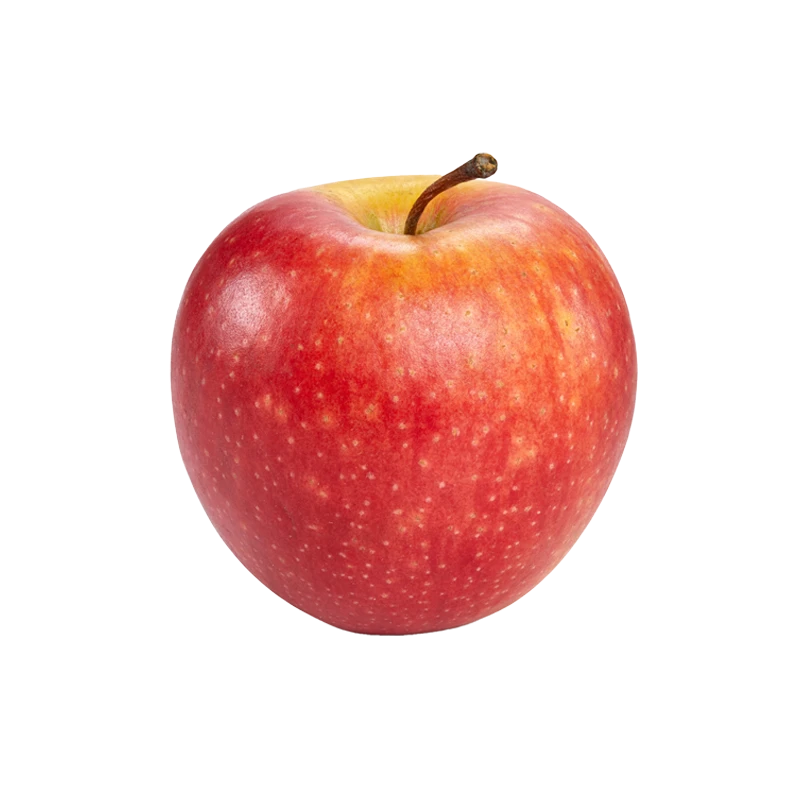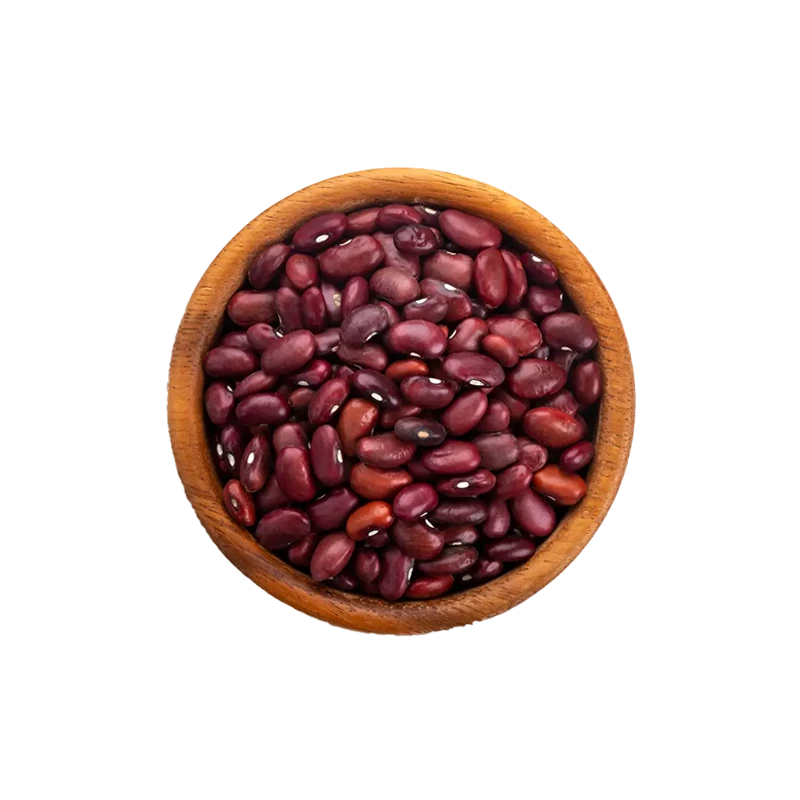Apples — Nutrients, Health Benefits, and Shopping Tips

Written by Listonic Team
Last update on September 4, 2024
Nutrients
Nutrition facts
Amount per 100 g
Calories
🔥 52 kcal
| Nutrients per: 100 g | Value | % Daily Value* |
|---|---|---|
| Carbs | 14 g | 5.09% |
| Fiber | 2 g | 7.14% |
| Sugars | 10 g | 20% |
| Glycemic Index | 36 | - |
| Protein | 0 g | - |
| Sodium | 1 mg | 0.04% |
| Total Fat | 0 | - |
*The % of Daily Value (DV) tells you how much a nutrient in a serving of food contributes to a daily diet. 2,000 calories a day is used for general nutrition advice.
36
🟢 Low Glycemic Index
Key takeaways
Health benefits
- Rich in antioxidants, which help protect the body from free radicals and reduce the risk of chronic diseases.
- Supports digestive health due to their high fiber content, promoting regular bowel movements and a healthy gut microbiome.
- Promotes cardiovascular health: by improving blood circulation and reducing the risk of heart disease.
- Boosts immune system with essential vitamins like Vitamin C, which helps in fighting infections and maintaining overall health.
Health risks
- Pesticide residue as conventionally grown apples often have pesticide residues, which can pose health risks over time.
- Allergic reactions in some individuals, particularly those with birch pollen allergies, causing symptoms like itching and swelling.
- Digestive issues such as bloating or gas if consumed in large quantities due to their high fiber content.
- Potential choking hazard especially for young children or the elderly if not properly chewed.
How to choose apples
Choose ones that are firm and free of blemishes or bruises. Look for vibrant color, as this indicates ripeness, but remember that different varieties have different hues. The apple should feel heavy for its size, a sign of juiciness.
Avoid apples with soft spots or wrinkles, which can indicate they are overripe or damaged. Gently press on the skin; a good apple will feel solid and not yield to pressure. For the best flavor, pick apples in season from local orchards where they are freshest.

How to store apples
To ensure apples stay fresh, store them in a cool, dry place or in the refrigerator. Keeping them in a crisper drawer can help maintain their freshness. Avoid storing apples near strong-smelling foods as they can absorb odors.
Room temperature is suitable for short-term storage, but apples will ripen more quickly. For larger quantities, arrange them in a single layer in a wooden crate or cardboard box with ventilation. Plastic bags should be avoided as they can trap moisture, leading to faster spoilage.
✅ Extra Tip
How long do they last?
Fresh apples can last for 4-6 weeks in the refrigerator. At room temperature, they last about 1-2 weeks. Varieties like Fuji and Granny Smith apples have a longer shelf life compared to softer types like McIntosh or Gala. Proper storage in a cool, dark place can extend their freshness.
What to do with leftovers?
Leftover apples can be used to make applesauce, added to smoothies, or baked into muffins. They can also be dehydrated to make apple chips or used as a topping for oatmeal and yogurt. If you have a lot of apples, make apple butter, a spread for toast or flavor enhancer for dishes. Add apples to savory dishes like pork roasts or stuffing recipes.
Transform leftover apples into apple cider or apple juice. Slightly overripe apples can be used in baking recipes like apple cakes or bread. Freeze apple slices by blanching them first, then store in freezer-safe bags for later use. Make caramel apple dip or add them to a fruit salad for extra crunch and flavor.
👨⚕️️ Medical disclaimer
How apples support specific health conditions
Apples are a highly nutritious fruit rich in fiber, which supports digestive health by promoting regular bowel movements. Their antioxidants, particularly quercetin, contribute to heart health by reducing inflammation and lowering cholesterol levels. Apples are also beneficial for weight management, as they are low in calories and high in fiber, helping you feel full longer. Their vitamin C content further supports immune health.
Discover products from other categories
Listonic Team
Fact-checked
Our editorial team checked this article to make sure it was accurate at the time of publishing it.
Get the top-rated shopping list app







